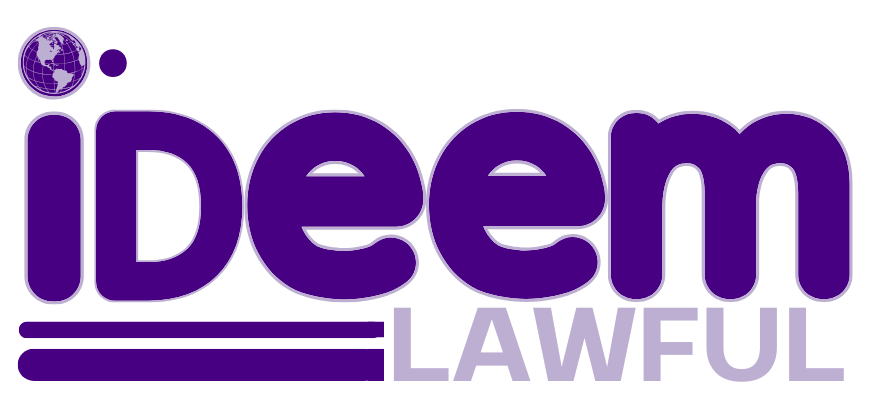written by BABALOLA ADEMOLA STEPHEN
The minimum wage translate minimum amount of remuneration an employer pays wage earners for the work performed during a given length of time; it is backed by national policy which is a fundamental regulation that ensures workers receive compensation for the service rendered and mitigates income inequality. The establishment and adjustment of the national minimum wage have always been an issue of national prominence, taking the center of discussions being one of the economic factors in Nigeria.
The need and necessity of structuring a policy responsible for regulating workers’ salaries is bridged by the economic fluctuations experienced by various governments across the world, causing shifts in the labor forces and significantly determining national development and growth.
Nigeria, among many other countries, also implemented the national structure that determines minimum wage to address bordering issues regarding meeting living standards due to an unbalanced economic situation over time.
MOST READ ARTICLES
These adjustments have elicited varied reactions from different segments of society, including policymakers, employers, trade unions, and the general public. This article explores the overview and the dilemma in the new National Minimum Wages, with a clear exploration of past occurrences and how it has been perceived by different people.
Overview and Trends
In 1981, Nigeria passed the first minimum wage legislation introducing ₦125 per month for full-time workers in the least cadre level, the legislation bounded business establishment having a minimum of 50 workers without counting seasonal workers and part timers.
This came as a response to the demands of the National Labour Congress (NLC) with respect to the broader efforts to improve the labor standards in ensuring fair compensation for workers due to the impending economic challenges and improving the living standards of workers, especially those in the lowest pay brackets.
However, this legislation has been facing significant opposition from the local and state governments. In 2000, the minimum wages were revised and increased to ₦5,500 per month for federal and state public workers under the MW Act 2000. This change came after significant labor unrest and demands for better wages due to rising inflation and the cost of living, while the State and Local government later set it to #4,500.
In 2011, again, another amendment came in, and the national minimum wage was raised to ₦18,000 per month. This revision was influenced by extensive negotiations between the government and labor unions, reflecting the need to adjust wages in line with economic conditions and inflation rates, and was later reviewed in 2019 when the minimum wage was increased to ₦30,000 per month.
The 2019 reviewed policy mandated by the National Minimum Wage Act, stipulates that every employer, except those employing less than 25 workers, small-scale enterprises, part-time, and other exemptions as specified by the Act, must pay their employees at least this amount. The policy is applicable across all sectors, including public and private organizations.
Earlier this year, another Bill was passed, cited as the National Minimum Wage (Amendment) Bill, 2024, mandating every employer to pay a national minimum wage of not less than N70,000.00 per month to every worker in the establishment, except otherwise provided as stated earlier. However, the national minimum wage expires after three years before being reviewed.
Implementation and Challenges
However, minimum wage policies in Nigeria have faced significant challenges in implementation, these challenges were more rampant in compliance and have always stirred labor union actions, economic disparities, inflation, and cost of living.
Despite the legal mandate, compliance issue remains the most paramount challenges even than reviewing existing policy. Private sectors and most state governments have weakened the enforcement, and many workers are still receiving wages below the stipulated minimum.
This can be traced to economic disparities between states while some are not able to pay the national minimum wage, some even pay more than the stipulated.
States with weaker economies struggle to meet the wage requirements. Labor unions in Nigeria are also significant players in advocating wage increases; as experienced in the 2011 review of the National Minimum Wage Act and the most recent review of 2024, using strikes and protests to pressure the government into playing their demands.
The National Minimum Wage (Amendment) Bill, 2024
The National Minimum Wage (Amendment) Bill, 2024 was passed into law and came into effect on July 29, 2024, after being signed by President Bola Tinubu, this came after a series and months of contention between the federal government and the National Labour Union,
While few states have adopted the minimum wages, and some have stated or proposed the payment with addition, it is saddening that the federal government has not been faithful to this. In a statement made available by the Federal Government approving the increase of corps members’ monthly allowance to N77,000 with effect from July 2024, however, have refused to start paying it till this moment (November 2024). Some of the states that have started paying or proposed to pay more than the minimum wage salary are listed below;
- Lagos State: announced the intention to start paying #85,000 on the 16th of October with an expression to raise it to N100,000 by January 2025.
- Rivers State: announced the intention to start paying #85,000 on the 18th of October.
- Ogun State: announced the approval of the #77,000 on the 15th of October, 2024
- Gombe State: announced the approval of the #71,451.15 on the 16th of October, 2024 after signing an agreement with the Nigeria Labour Congress
- Ondo State: announced the approval of the #73,000 on the 12th of October, 2024.
- Kogi State: announced the approval of the #72,500 and also suspended the tax burden on the approved sum for one year.
Bayelsa, Niger, Alkwa Ibom, and Enugu have also approved #80,0000. Ebonyi and Osun (#75,000), Delta (#77,000), Gombe (#71,000), Anambra commenced the payment in October 2024. Adamawa State (approved in August), Edo, Abia, Jigawa, Katsina, Kwara, FCT and Borno State has also announced the approval, while, Benue State and Oyo State declared their readiness to adopt the new minimum wage.
(This data is as of November 17, 2024)


